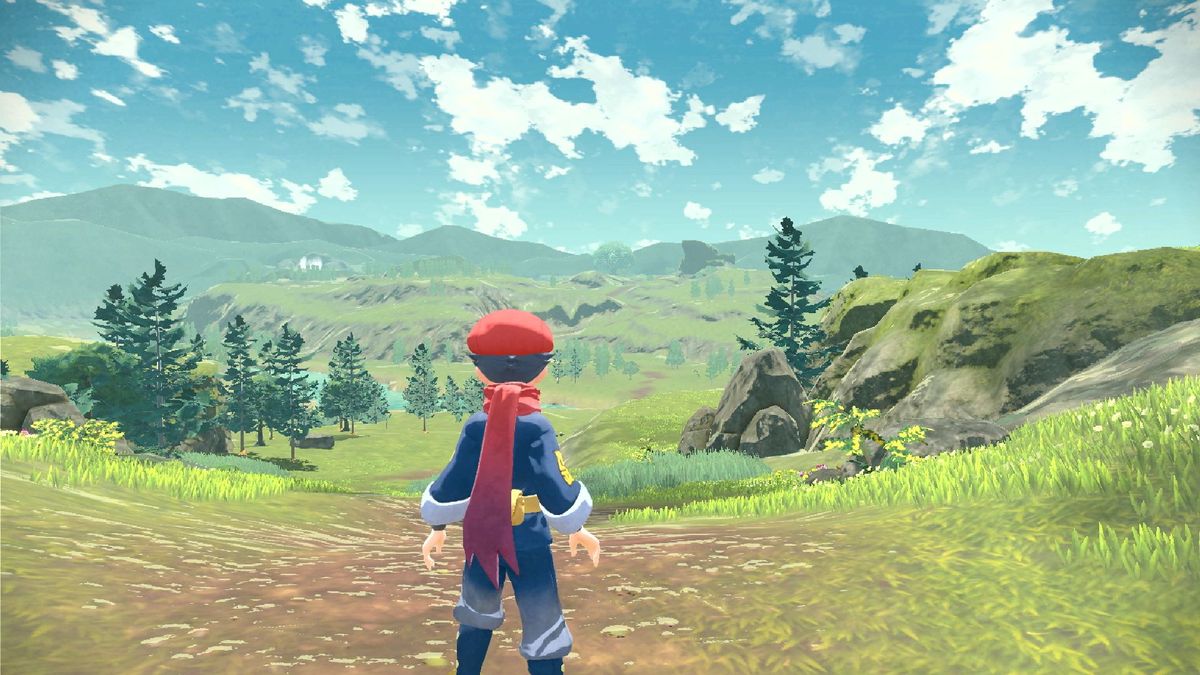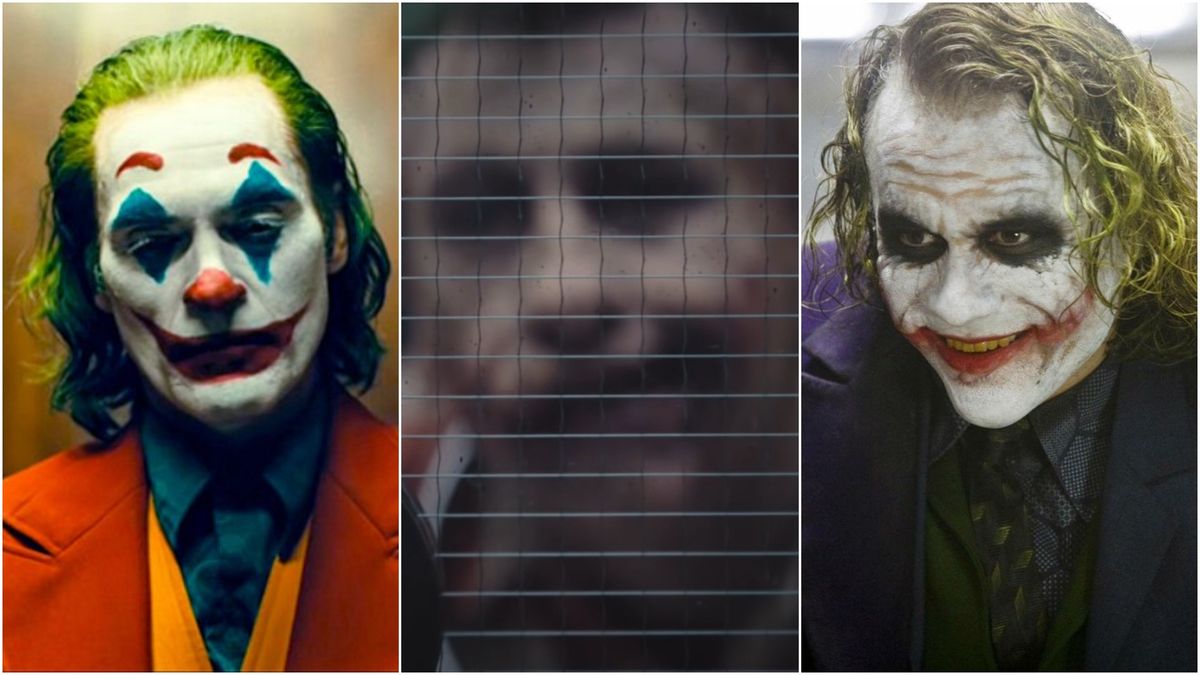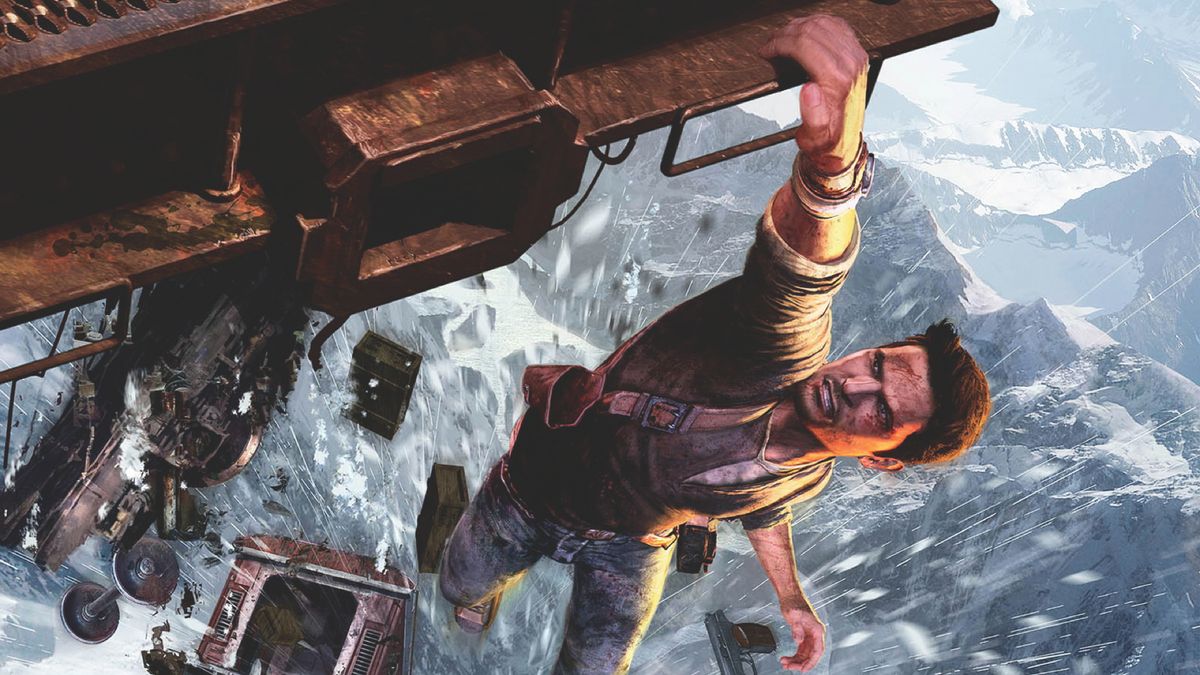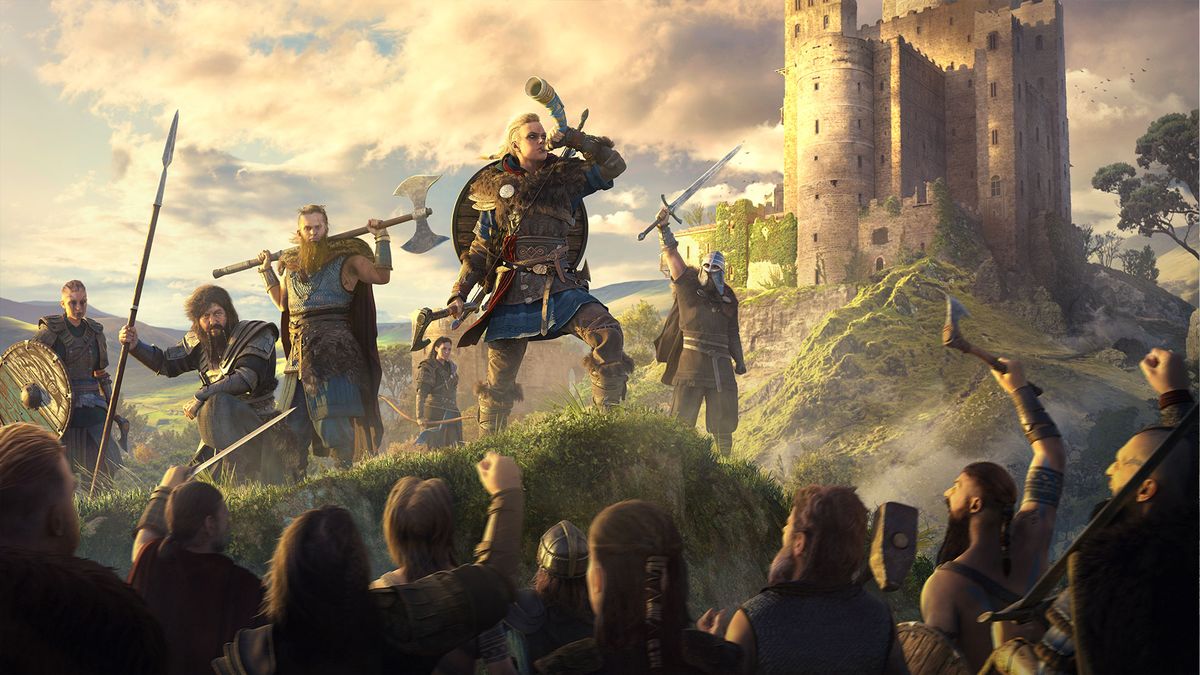Batman. He’s cool, clever and likes to bash bad guys on the bonce. His movies are popular too. Batman V Superman: Dawn Of Justice introduces a new version of Bruce Wayne (played by Ben Affleck), and is a very different take on the character to Christian Bale’s, last seen in 2012’s The Dark Knight Rises. That’s a controversial film within fandom. But if I’m reaching for one of the Nolan movies to rewatch, it’s invariably this one that I choose…

It’s easy to forget just how much was riding on this movie. The final instalment of Christopher Nolan’s grandiose Dark Knight trilogy had an enormous burden of hype resting on its cowled shoulders. It’s predecessors had reinvented superheroes at the movies, providing an edgier alternative to the X-Men and Spider-Man franchises. Batman Begins was a pulp crime thriller with a dash of shadowy weirdness, and The Dark Knight upped the stakes by introducing a radical new screen Joker (the much-missed Heath Ledger) and by making a grittier, more grounded movie. It was a superhero movie that people who didn’t like superheroes could enjoy.
The third film, then, had a lot to live up to. When it arrived in cinemas in 2012 it was met, at first, with cautious praise. And then the rumblings of discontent began as its flaws became noticeable. And flaws it most definitely has. There are plot holes big enough to drive a Tumbler through here; the ending is arguably too neat (ironically, Nolan’s previous movie, Inception had demonstrated perfectly how to handle this sort of thing satisfactorily) and the villain – Tom Hardy’s brutally eloquent Bane – is dispatched in the most mundane way possible. Most contentiously, there’s a curious authoritarian subtext that appears to paint the rioting underclasses that Bane initially rallies (a trick to help him conquer Gotham City) as fools that need putting in their place by a billionaire playboy in a Batsuit.
This isn’t the all-time-classic capper that fans of the trilogy hoped for, then. I would argue, however, that is something more interesting: a mixed-up epic that aims to be the ultimate Batman movie, and which almost, almost succeeds.

To start with, this is a Bat-flick on a scale that we have never seen before. The Dark Knight is a philosophical and moral battle between Batman and the Joker, as the Clown Prince of Crime sets out to destroy his opponent’s soul. While its suitably action-packed, with exploding hospitals and thrilling bank heists, it’s a relatively intimate story; a character study whose characters just happened to be a killer clown and a man who dresses in rubber.
Rises, by contrast, tells a very different sort of tale. It’s an epic about the fall of a city, the rise of a dictator and our hero being defeated before finally rebuilding himself anew. Its comic inspirations are different too: for once the usual suspects: The Dark Knight Returns, The Killing Joke and Year One are out, and the Knightfall storyline (which sees Batman crippled by Bane) and No Man’s Land (where Gotham becomes a disaster area) are in. It makes for a faster, more dynamic film and one with much higher stakes. Its pacing is also expertly handled. That might not sound like much, but most agree that The Dark Knight sags towards the end, outstaying its welcome by a good ten minutes. Rises, by contrast, is never boring. The story moves from the hunt for Bane, to his war on Gotham, to the fall of Bruce Wayne, the city under siege and Bruce’s final, cathartic return and ‘death’ with complete assurance.
More importantly, though, it’s a story that’s actually about Bruce Wayne. That’s surprisingly rare in the Batman movies, with Tim Burton’s pair especially focusing more on the villains than on the equally freakish hero. Here Bruce is broken down emotionally and physically over a period of months before he forces himself, finally, painfully, to rebuild himself for one last stand – one which he knows (at least until very late in the film) that he’s unlikely to walk away from. Where other films hone in on the increasingly tired tragedy of Batman’s origins (and, yes, Batman V Superman is set to do the same), Rises focuses on his heroism, his steadfast refusal to lie down and die, and his loyalty to a city that has repeatedly kicked him in the teeth. Yes, he’s a troubled man, but Rises reminds us that he’s also a fundamentally good one.
THE BAT BREAKER

We need to talk about Bane. Trying to beat Heath Ledger’s Joker was never going to work, so The Dark Knight Rises doesn’t try. Instead, Tom Hardy’s Bane is a very different sort of villain. His imposing physique, heavy breathing, intelligence and wry sense of humour mark him out as a modern day equivalent of Darth Vader (there are no moments of Kylo Ren-like doubt here, just a Terminator-like persistence). And yes, he has a silly Orson-Welles-in-a-bin voice, but that’s a genius decision. It’s easily copyable ensuring hours of tedio-, sorry, hilarious imitation in the pub afterwards, while also conveying the character’s intellect. And let’s face in, in a series that includes Christian Bale’s incomprehensible gargling, it’s not even the daftest tone in the film.
But above all else, The Dark Knight Rises feels like a Batman film. I’m not just talking about the inclusion of Selina Kyle (a pitch perfect Anne Hathaway) or the fact that – gasp! – Joseph Gordon-Levitt’s Blake turns out to be Robin, but in the fact that it’s not afraid to have fun. The arrival of The Bat is thrilling, and the scene where Batman and Catwoman stand back-to-back fighting off villains feels more like one of the comics that spawned it than anything in the previous two films. It’s old fashioned, in a way, but after three movies, Nolan has earned these moments.
I’m not saying that The Dark Knight Rises is the best of Nolan’s films. Batman Begins was a revelation back in 2005, while The Dark Knight is a jaw-dropping masterpiece that deserves the hype that it gets. But The Dark Knight Rises aims to reconcile the different tones of the trilogy while also providing something that Batman was never designed to have: a conclusive ending. Like his pal Superman, Batman goes on forever, perpetually fighting evil and never wavering. But in this (slightly) more grounded take on the mythos, that was never an option. Bruce Wayne is a human being who can be beaten, broken and who, eventually, will have to pack the crime-fighting gig in before it kills him. The Dark Knight Rises provides a satisfying conclusion that connives a way to give Bruce Wayne an escape route, while setting up a new, perhaps more working class, defender of Gotham. If you write it off for its plot holes then, frankly, you’re bats.
 Game News Video Games Reviews & News
Game News Video Games Reviews & News



